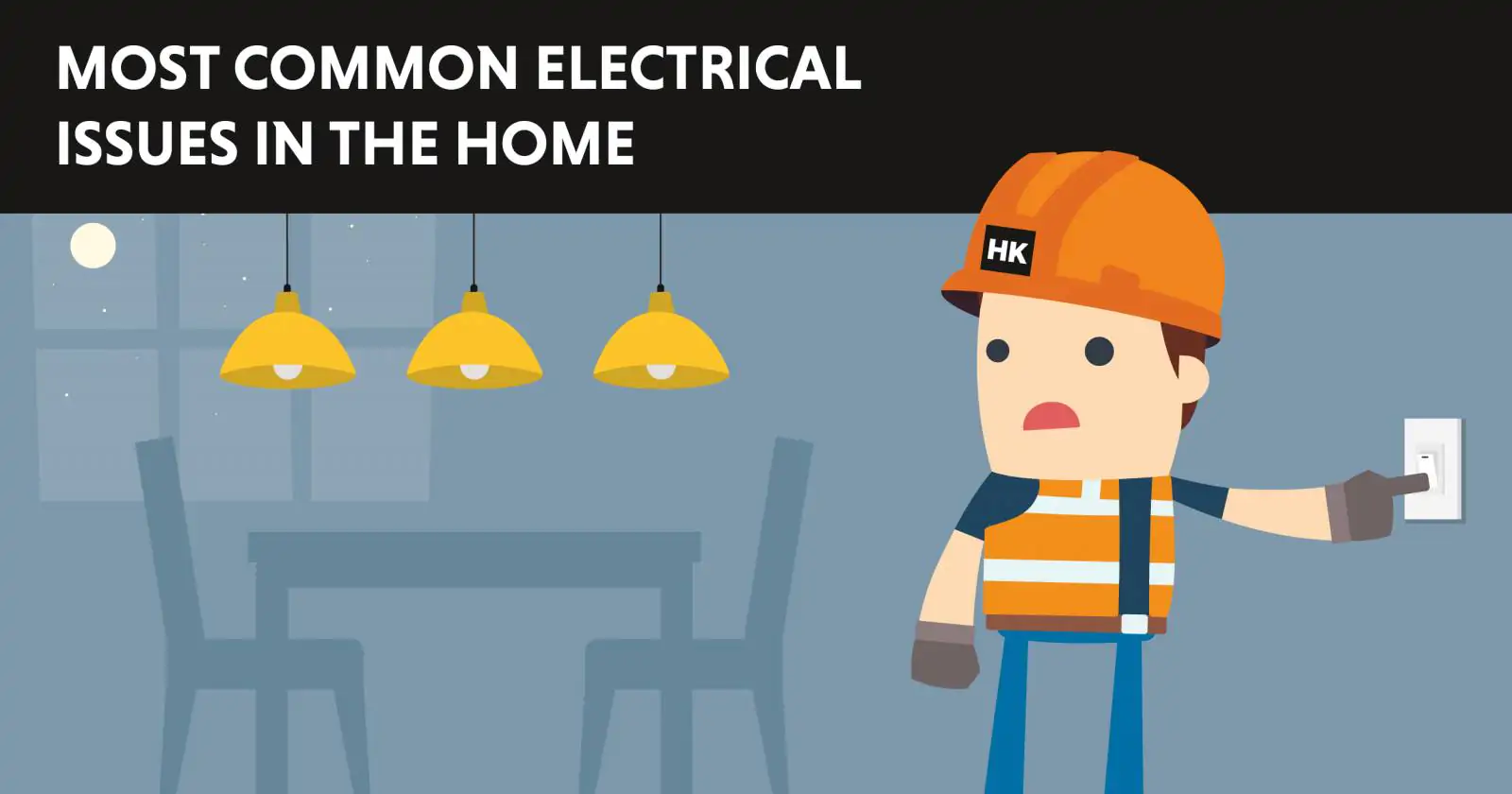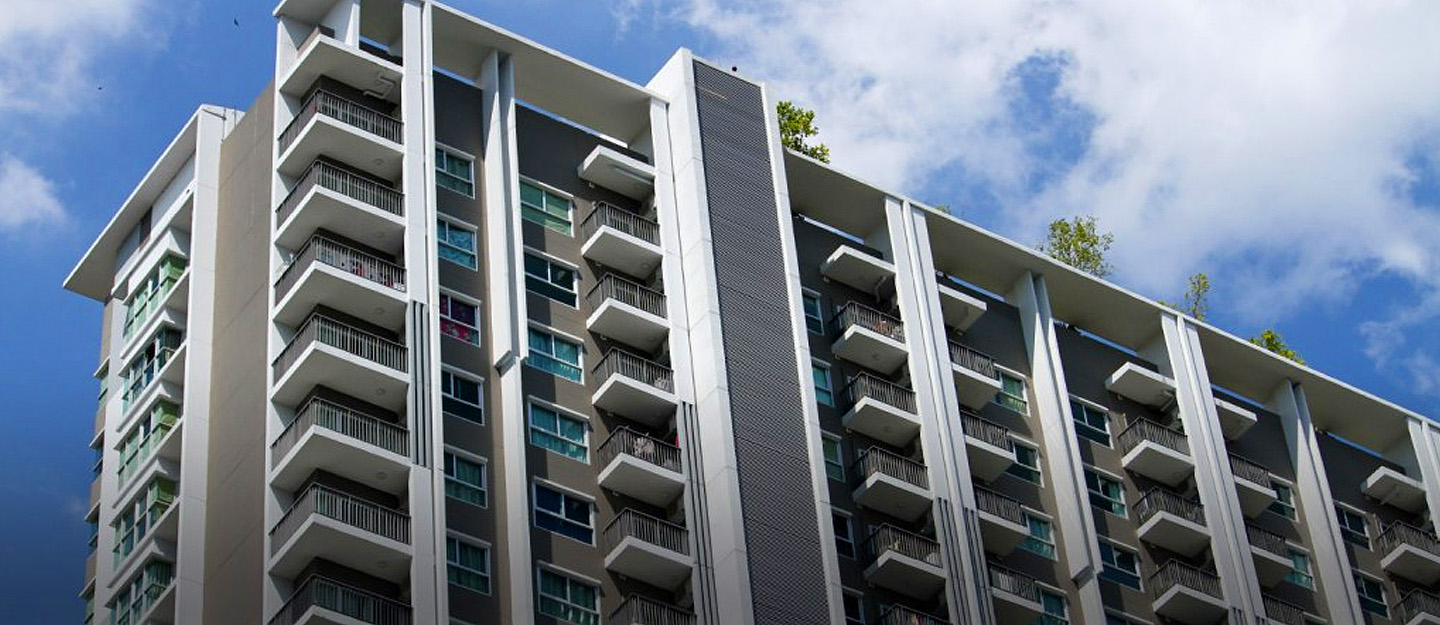The Most Common Electrical Problems In Homes
Having electrical problems can be a major inconvenience and even a safety hazard. Homeowners often have to face common electrical issues, ranging from minor annoyances to more serious problems caused by outdated wiring or improper installations. This article will explore the most commonly encountered electrical problems in homes and how they can be solved. From flickering lights to faulty outlets, this guide will provide helpful advice on how to identify and tackle common electrical repair projects in the home.
Problem 1: Overloaded Circuits
Overloaded circuits are one of the most common electrical problems in homes. It occurs when too many appliances are connected to a single circuit, causing it to overload and trip the circuit breaker. This can be a serious fire hazard if left unchecked, as it can cause electrical wires to overheat and potentially ignite nearby flammable materials.
To avoid this problem, homeowners should ensure that their circuits are not overloaded by distributing their appliances across multiple circuits. They should also avoid using extension cords for long periods of time as these cords have limited capacity and can easily overheat when overloaded with too many devices.
In case you experience an overloaded circuit, it is recommended to turn off all the devices that were powered by that particular circuit before resetting the breaker. If this problem persists frequently, then you may need to call an electrician who will inspect your home’s wiring system and determine if it needs upgrading or repair. Get in touch with us if you experience frequently overloaded circuits or other electrical problems. One of our expert electricians will inspect your wiring system and determine if it needs upgrading or repair.
Problem 2: Poor Wiring
Poor wiring is the second most common electrical problem in homes. It can cause significant damage, including fires and electrical shocks. Older homes may have outdated wiring that cannot handle modern electrical demands, leading to overloading and short circuits. Insulation around wires can also deteriorate over time, exposing them to potential hazards.
DIY repairs on faulty wiring are not recommended as they can cause further damage or put homeowners at risk of electrocution. Instead, it’s essential to hire a licensed electrician who has the knowledge and expertise to diagnose any wiring issues safely. They will inspect your home’s wiring system thoroughly and recommend necessary repairs or replacements. Check out Wilsonhomeservices.com our team can help you in repairing wiring.
Problem 3: Loose Connections
Loose connections can be a significant problem in homes. Electrical connections become loose over time due to various reasons such as vibration or temperature changes. Loose connections can cause electrical arcing which leads to heat, resulting in damage to the insulation of wires and even causing fires.
Loose connections also affect the electrical performance of devices connected to them. They may result in flickering lights, intermittently operating appliances, or tripped breakers. These issues could lead to frustration and inconvenience for homeowners and their families.
To prevent loose connections from becoming a problem, it is important that they are addressed immediately by a licensed electrician. Regular inspections of the electrical systems by professionals can help identify any potential hazards before they cause any damage or harm. Proper maintenance and repair will ensure that electrical systems are safe, reliable, and functioning at optimal levels for years to come.
Problem 4: Faulty Switches
Faulty switches are one of the most common electrical problems in homes. This problem is usually caused by wear and tear over time or improper installation. A switch that doesn’t work properly can be a safety hazard, as it may cause electrical shocks or even fires.
If you notice that your light switches aren’t working correctly, it’s essential to have them inspected and replaced if necessary. Additionally, if you see signs of damage like cracks or discoloration around the switch plate, this could indicate a greater issue with your electrical system.
To avoid faulty switches in the future, make sure to hire licensed electricians for all installations and repairs. Regular maintenance checks on your home’s wiring can also help prevent any potential issues from turning into major problems down the line.
Problem 5: Old Outlets
Old electrical outlets are one of the most common problems that homeowners encounter. Outlets can become worn out over time, which can lead to loose connections and potential electrical hazards. Old outlets may also not be equipped to handle the demands of modern electrical appliances and devices, leading to tripped circuits or even electrical fires.
Upgrading old outlets is a relatively simple process that can greatly improve the safety and functionality of your home’s electrical system. Newer outlets are designed with enhanced safety features, such as grounding wires and built-in surge protectors, which reduce the risk of fire or other hazards. Additionally, modern outlets come in a variety of configurations to suit different needs, including USB ports for charging devices.
If you’re experiencing issues with old outlets in your home, it’s important to have them replaced by a qualified electrician as soon as possible. Not only will this improve the safety of your home’s electrical system, but it will also provide you with greater peace of mind knowing that everything is up-to-date and functioning properly.
Conclusion
In conclusion, electrical maintenance is crucial for every homeowner as it helps in identifying and repairing any issues that may arise. From the most common problems such as flickering lights and tripping circuit breakers to more severe issues such as faulty wiring and outdated electrical panels, regular maintenance can prevent serious accidents from occurring.
It is recommended that homeowners schedule an annual inspection with a licensed electrician to ensure that all electrical components are functioning correctly. During these inspections, electricians will check for frayed wires, loose connections, and damaged outlets. Additionally, they will be able to provide recommendations on how to upgrade or replace outdated systems.
Ultimately, investing in regular electrical maintenance not only ensures the safety of your home but also saves you money in the long run by preventing costly repairs or replacements. Remember that when it comes to electricity, prevention is always better than cure!
Also Read: things you know before home renovation


Post Comment